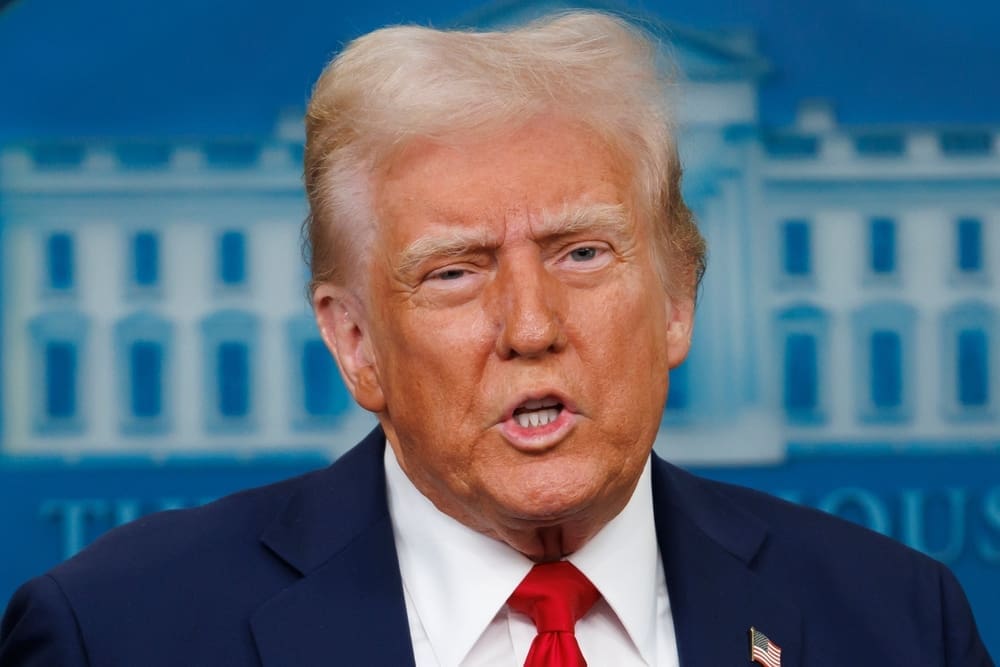KEY POINTS
- President Donald Trump ordered the deployment of 800 National Guard soldiers to Washington D.C. and is moving to place the city’s police force under federal control to crack down on crime and homelessness.
- The mayor of Washington D.C., Muriel Bowser, immediately condemned the move, citing official statistics that show crime is at a 30-year low and calling the president’s actions “unsettling and unprecedented.”
- The deployment and federalization of the police force are legally complex and are expected to face immediate legal and political challenges, as the move represents a significant assertion of federal power over a local jurisdiction.
WASHINGTON – President Donald Trump has ordered the deployment of 800 National Guard soldiers to Washington D.C. and is moving to place the city’s police force under federal control, a dramatic and unprecedented move he says is necessary to crack down on crime and homelessness in the nation’s capital.
In a fiery announcement on Monday, the president set out his vision to make Washington D.C. “great again,” vowing to “take our capital back” from what he described as “violent gangs and bloodthirsty criminals.” The move to federalize the local police force and deploy the military represents a significant escalation in the administration’s “law and order” agenda and sets up a major jurisdictional clash with the city’s local government.
The city’s mayor, Muriel Bowser, immediately rejected the president’s characterization of the city and condemned his actions. She stressed that Washington D.C. is “not experiencing a crime spike” and pointed to official statistics showing that crime is falling, with violent crime at a 30-year low. Bowser described the president’s announcement as “unsettling and unprecedented” but said it was not surprising.
The president’s executive order is built on the premise that the city has been overrun and that local leadership has failed. As one North America correspondent noted, for President Trump, appearances are often as important as statistics. His decision appears to be driven as much by the visible signs of urban decay and homelessness as by any specific crime data.
In addition to the law enforcement crackdown, the president said his administration would also be targeting the city’s homelessness problem, stating that they will be “getting rid of the slums,” though he did not offer any specific details about his plans or what would happen to the city’s unhoused population.
The deployment of the National Guard and the federalization of the D.C. police force are legally complex and are certain to face immediate legal and political challenges. The move represents a significant assertion of federal power over a local jurisdiction and has been met with alarm by civil liberties groups and advocates for D.C. statehood. For now, the nation’s capital is at the center of a new and volatile showdown between a president determined to impose his will and a local government determined to defend its autonomy.












